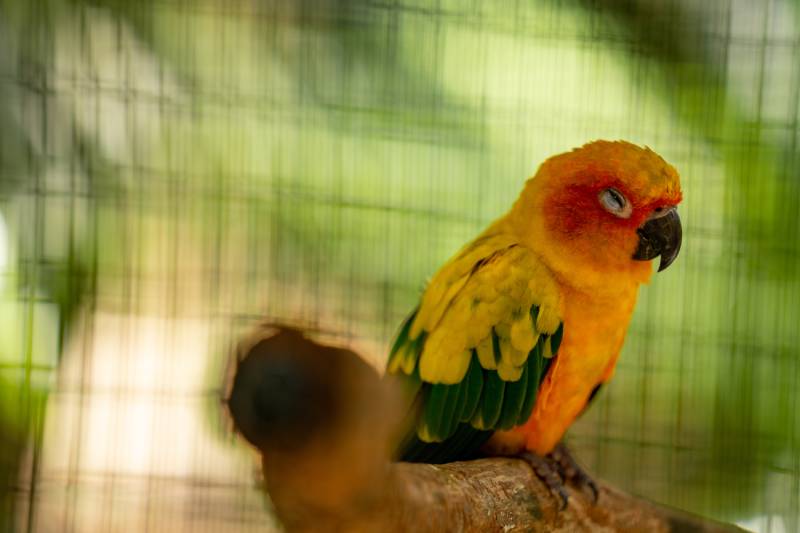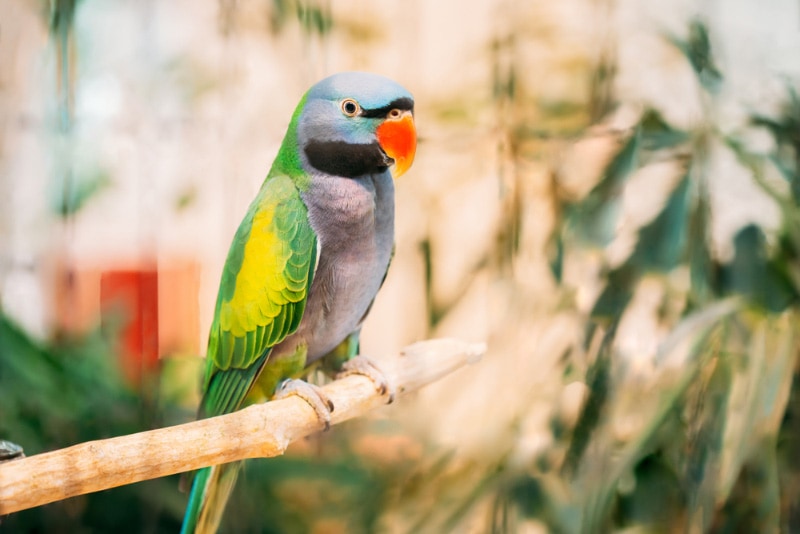5 Reasons Why You Should Not Pet a Bird’s Wings – Vet Reviewed Facts
By Oliver Jones
Updated on
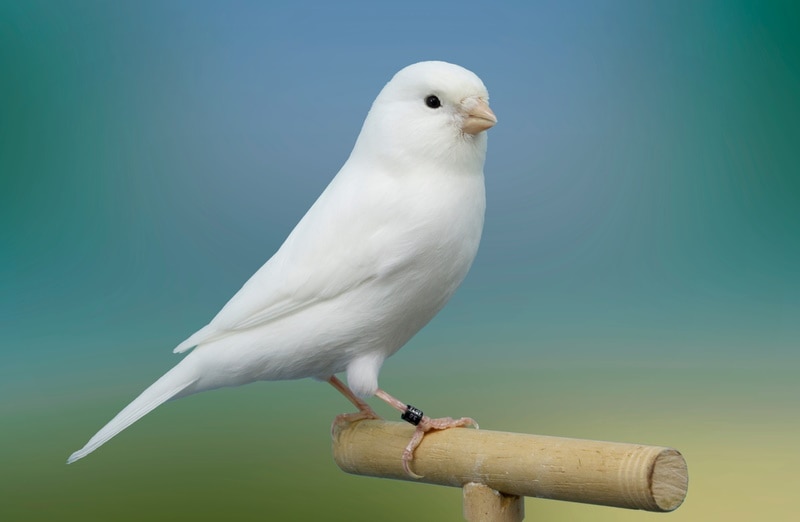
Keeping birds as pets can be a wonderful experience. They come in various sizes and colors and can have some pretty neat personalities, which makes them fascinating creatures. However, it’s crucial to understand that birds have specific physical and behavioral requirements that must be met to ensure their health and happiness.
One common mistake that bird owners and enthusiasts make is attempting to pet a bird’s wings. So, in this article, we will discuss several reasons why you should avoid petting a bird’s wings.
The 5 Reasons Why You Shouldn’t Pet a Bird’s Wings
1. It Can Damage Their Feathers and Wings
Birds’ feathers play a crucial role in their ability to fly, regulate their body temperature, and maintain their overall health. If you attempt to pet a bird’s wings, you run the risk of damaging or breaking some of their feathers, which can impede their ability to fly and even cause pain.
In some cases, birds may even develop infections or injuries because of damaged feathers. So always do your best to avoid these areas, even if you think you’re being careful. Only handle when care is needed, such as when your bird’s wings need clipping.
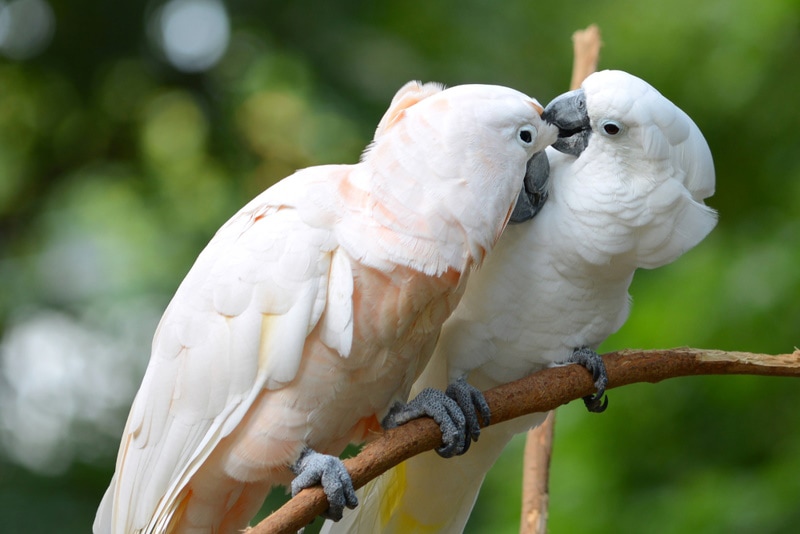
2. It Inadvertently Stimulates Your Bird
Birds are sensitive creatures that require a certain level of trust and comfort to feel safe and happy. Petting a bird’s wings can be a stressful experience for them, as it involves invading their personal space and touching a sensitive area of their body—their sexual organs happen to be right under the wings near the back. This can encourage mating behavior in sexually mature birds.
This can cause the bird to feel anxious, frightened, or defensive and may even result in aggressive behaviors like biting or scratching!
3. It Can Disrupt Their Natural Behaviors
Birds have a variety of natural behaviors and instincts that are essential to their physical and mental well-being. When you pet a bird’s wings, you are interrupting their natural behaviors and may be causing them to feel confused or disoriented.
This can lead to a range of negative outcomes, from decreased activity levels to changes in appetite or sleep patterns. Treat your bird’s wings with the utmost care, and you can avoid any accidental harm to your feathered friend.
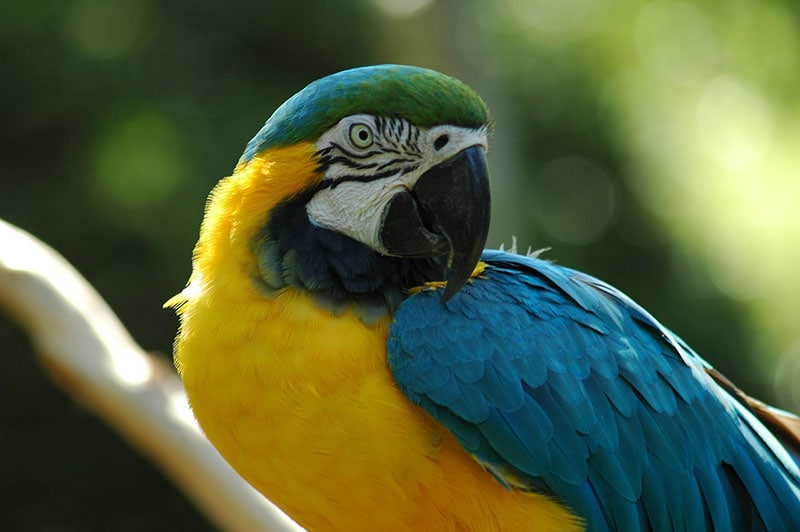
4. It Can Be Dangerous for Both You and the Bird
Petting a bird’s wings can be a risky proposition, as birds have sharp talons and beaks that they can use to defend themselves if they feel threatened or uncomfortable
Even if you are gentle and careful, you may inadvertently trigger a defensive response in the bird that could result in injury to both you and the bird! As such, it’s best to leave their wings alone at all costs unless it’s absolutely necessary.
5. There Are Other Ways to Interact With Your Bird
As with any other pet owner, it’s understandable that you want to show your bird attention. But while petting a bird’s wings may seem like a natural way to show affection, there are many other ways to interact with your bird that are safer and more enjoyable for both of you.
For example, you can offer your bird treats, play games with them, or simply spend time in the same room with them to build trust and companionship over time.

How to Properly Pet Your Bird
As we’ve seen, petting a bird’s wings isn’t advised. But how can you properly show your bird some love? Well, there are a few ways to do this that won’t harm the feathers or put your pet in danger.
- Know Your Bird: First, it’s important to know that each bird has different preferences when it comes to affection. Some may enjoy being scratched under the chin, while others might like a gentle head rub. It’s all about getting to know your bird and what they like best.
- Be Gentle: When you do pet your bird, make sure to be gentle and give it some space if it appears uncomfortable. If a bird appears to be stressed or scared, it’s best to leave them alone and allow them some time to relax.
- Provide Toys and Perches: Make sure to provide your bird with plenty of toys, perches, and other items they can play with. This will help keep them entertained and give them something to do instead of being petted.
- Monitor the Environment: Also, be sure to monitor the environment your bird is living in. Make sure it’s not too hot or cold and that they have enough room to move around.
- Keep Feathers Clean: Finally, make sure to keep your bird’s feathers clean. This will help them stay healthy and free from parasites or other illnesses. This can be easily accomplished by offering your birds a bird bath, many birds readily accept them and enjoy bathing to look after their feathers.
Keeping your bird’s wings off-limits is a wise decision. Not only will it prevent them from getting hurt or stressed out, but it will also help keep their feathers and environment healthy.
Conclusion
As we’ve shared with you, there are several important reasons why you should avoid petting a bird’s wings. Not only can it be damaging to their physical health and mental well-being, but it can also be dangerous for both you and the bird.
So instead, focus on building trust and companionship with your bird through other means, and respect their unique needs and behaviors. By doing so, you can create a happy and healthy relationship with your feathered friend that will last for years to come.
Featured Image Credit: Fernando Zamora Vega, Shutterstock





